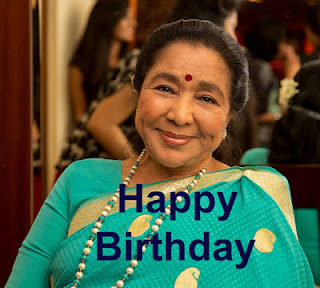Music Maestro Pt Shiv Kumar Sharma said in an interview that While composing a song, Dada would say, ‘Even if my songs flop, I will still create something new’. What Dada meant was, ‘I will not take the beaten path. I will not compose as per the existing trend. Even if my songs flop, I will still do something new’.Recall the song 'Tadbeer Se Bigdi Hui Taqdeer Bana De' was written as a Ghazal but he converted it to a club song. Sahir the lyricist of the song was not happy with this but Dada was sure that it would be a hit. Sahir then and there decided that he will never write again for S. D. Burman, but changed his mind after the song became super-hit and the film too was a big draw for the audience who used to return again and again.
Similar situation happened during the making of Jaal 1951 song 'Yeh raat ye Chandni'.' He transformed its Ghazal mood giving it a regular stressed beat. When he sang the tune to Sahir Ludhianvi, Sahir laughed. Sahir suggested that it should be sung by Talat but Sachin Da wanted Hemant Kumar.Even when the song was recorded by Hemant Kumar, Guru Dutt wanted to re-dub the song in Rafi Sahib’s voice. Dada stuck on to his choice and the song was a very big hit.
From 1930 to 1936, over these five to six years, he composed music fusing Indian classical music and folk music, which did not resemble anybody else’s. ”Listen to this Bengali song Mono Dukkhe Mori re Shubol (1934), composed and sung by him. This song is a Kirtan which used to be sung in semi-classical style but Sachin Da throws the words in the Bangal dialect that makes it more rural to the roots. The dialect is of East Bengal with some Sanskrit words used. Such songs are sung by boatmen from that part of the world.





